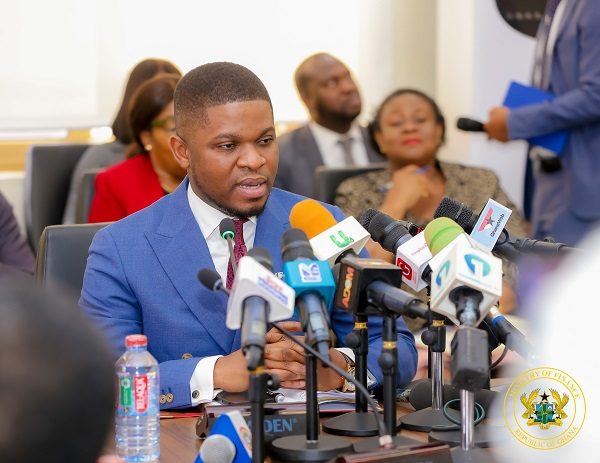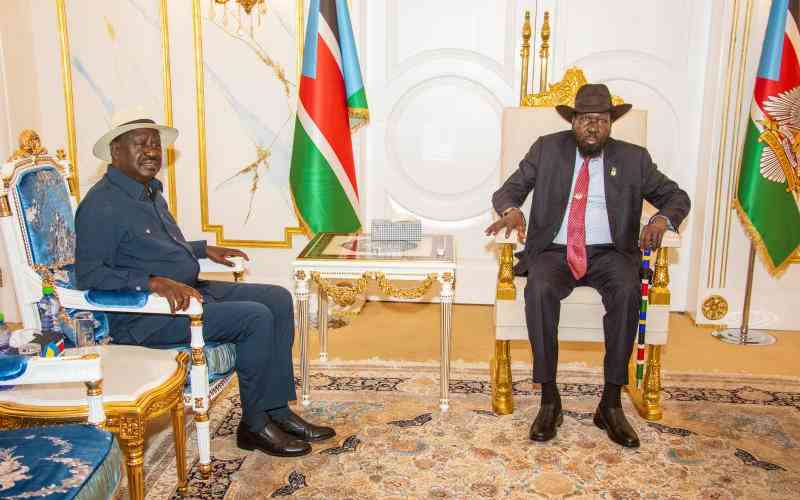President Hichilema leads push for constitutional amendment ahead of 2026 elections
By Venus N Msyani
The debate over amending Zambia’s constitution before the 2026 elections has taken center stage, with President Hakainde Hichilema leading the charge. This marks a historic moment, as no sitting Zambian president has ever spearheaded a constitutional amendment agenda.
President Hichilema has cited public sentiment at events he attends as evidence of widespread support for the amendment. However, critics argue that the Public Order Act, which restricts protests, makes it difficult to challenge his claims. Speaking at a Women’s Day celebration in Kasama, Northern Province, Hichilema stated, “I take it that as a nation we agree that we will amend the constitution before the 2026 election so we can deliver more opportunities for women and society as a whole.”
This assertion has raised questions: who exactly has agreed? At a Youth Day event in Mongu, Western Province, Hichilema sought to validate his claim by asking the crowd, “Do you agree that we amend the constitution?” The crowd responded with a resounding “YES.” He concluded, “The owners of the country, the youth, have agreed.”
The president’s motives have sparked debate. Information and Media Minister Cornelius Mweetwa defended Hichilema’s actions, stating, “The president has the right to reposition himself for 2026 because he is in a democratic competition. Positioning himself to win an election is perfectly in order.” This acknowledgment has led some to conclude that the constitutional amendment push is part of Hichilema’s strategy for the upcoming elections.
Key issues driving the amendment debate include proportional representation for women, youth, and disabled individuals in governance, the elimination of by-elections, and the delimitation of constituencies to improve service delivery. However, critics argue that these goals could be achieved without constitutional changes. For instance, political parties could sponsor more women candidates under the current constitution, and improving infrastructure in underserved constituencies might be a more effective way to enhance service delivery.
Some speculate that Hichilema’s push for constitutional amendments may be aimed at extending his time in office. This speculation contrasts with his earlier stance against leaders prolonging their terms, as expressed during a panel at the United States Institute of Peace three years ago. At the time, he stated, “Ten years is enough. Whatever years you agree, some are here extending terms – six, seven years. No, please!”
Today, rumors suggest that the New Dawn administration may seek to increase presidential terms from five to seven years. Critics question whether Hichilema’s current actions are laying the groundwork for such a change, potentially contradicting his earlier statements.
The sudden push for constitutional amendments has also raised concerns about governance priorities. Critics argue that the focus should be on addressing pressing issues like the high cost of living, which remains a top concern for Zambians. Additionally, questions have been raised about whether the current constitution indeed prevents political parties from sponsoring more women candidates or whether the delimitation of constituencies could be better addressed through infrastructure development, such as building modern roads and bridges.
Hichilema’s recent reshuffles have further fueled speculation about his intentions. When asked about critics’ concerns that these moves were aimed at positioning himself for the 2026 elections, Mweetwa responded, “The president has the right to reposition and position himself for 2026.” This statement has been interpreted as an admission that the constitutional amendment push may be politically motivated.
Ultimately, President Hichilema’s push for constitutional amendments has drawn scrutiny, with many urging him to abandon the agenda and focus on pressing issues that matter most to Zambians. While the debate continues, the high cost of living and other immediate challenges remain at the forefront of public concern.









